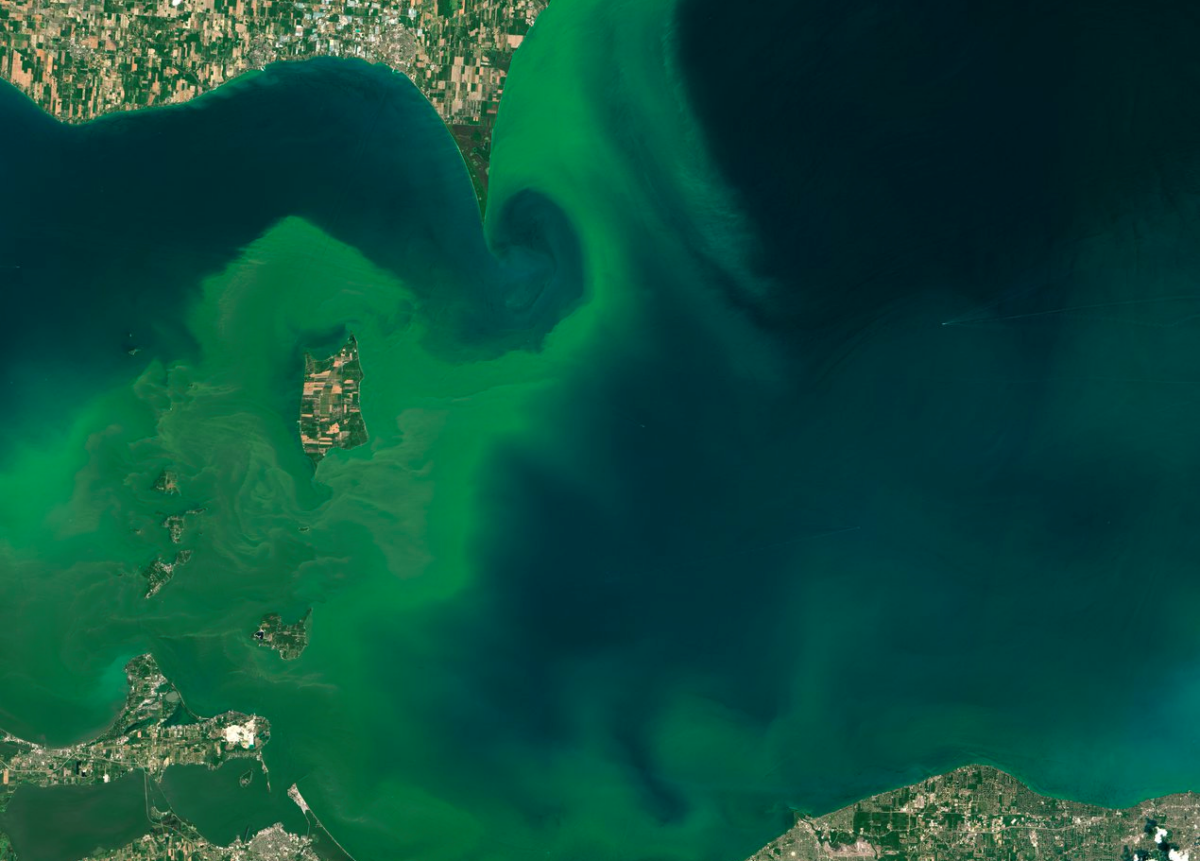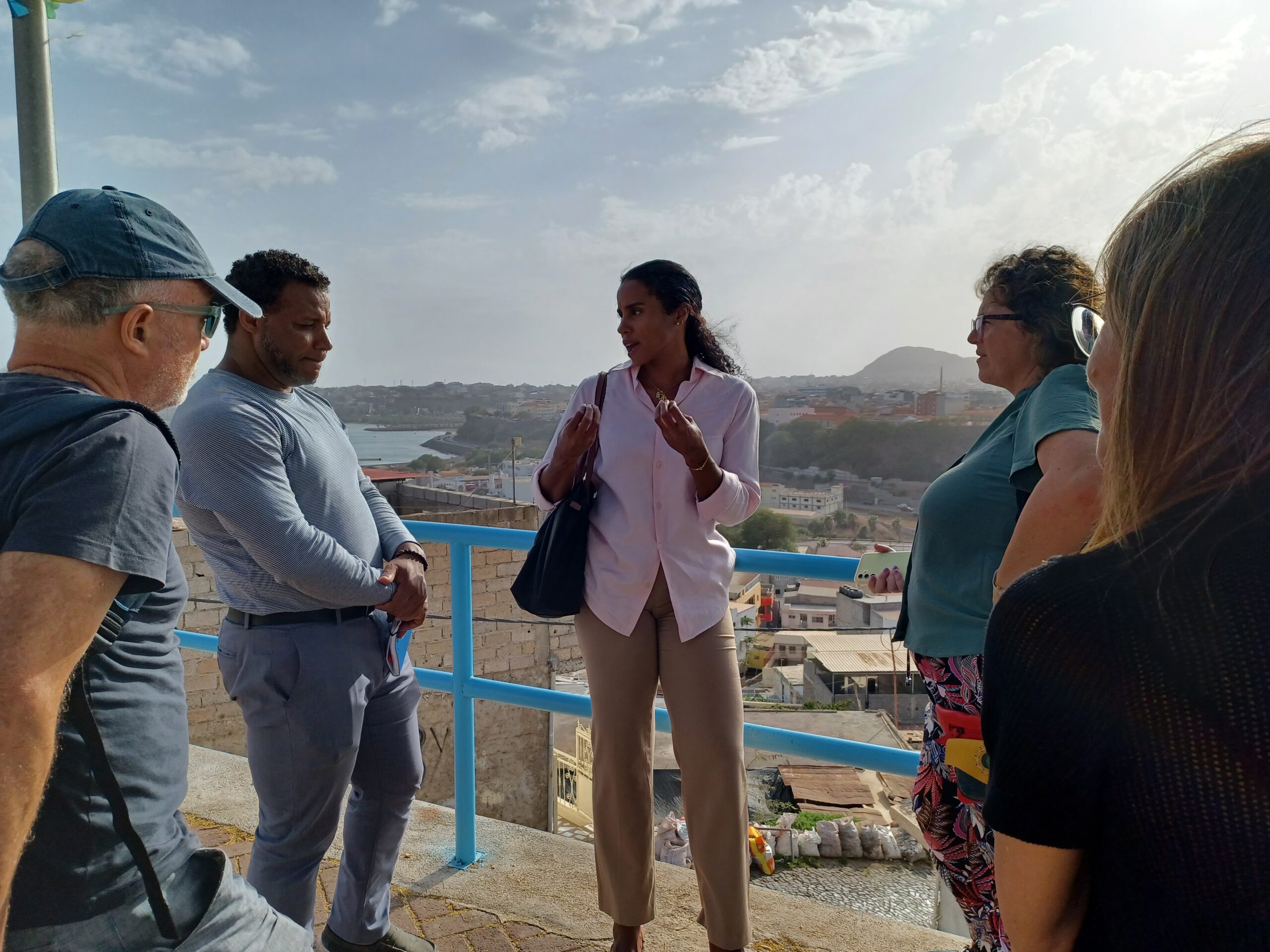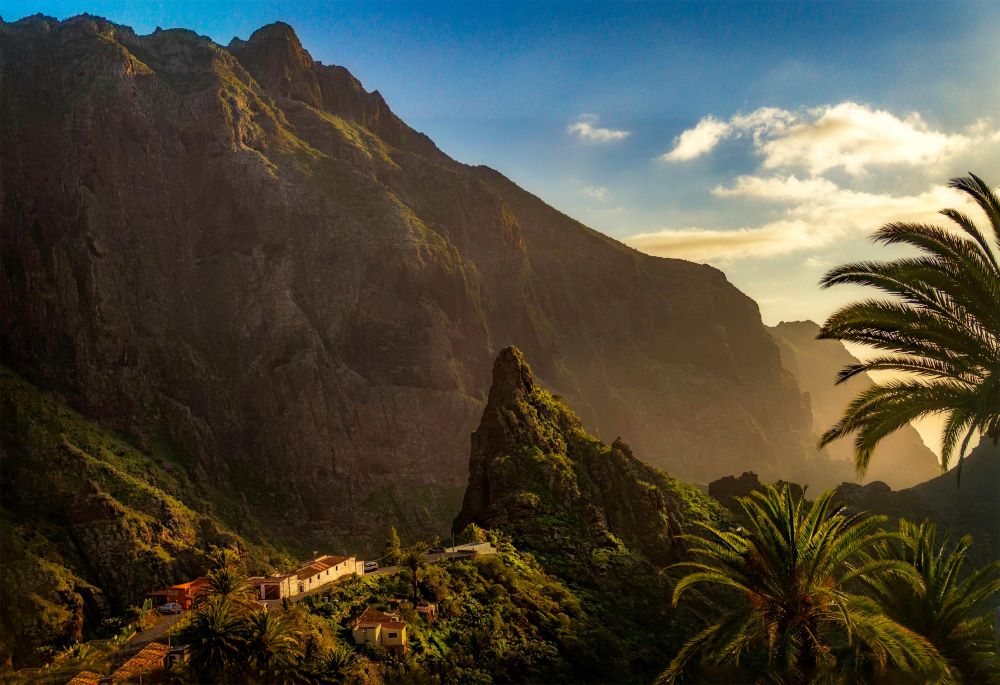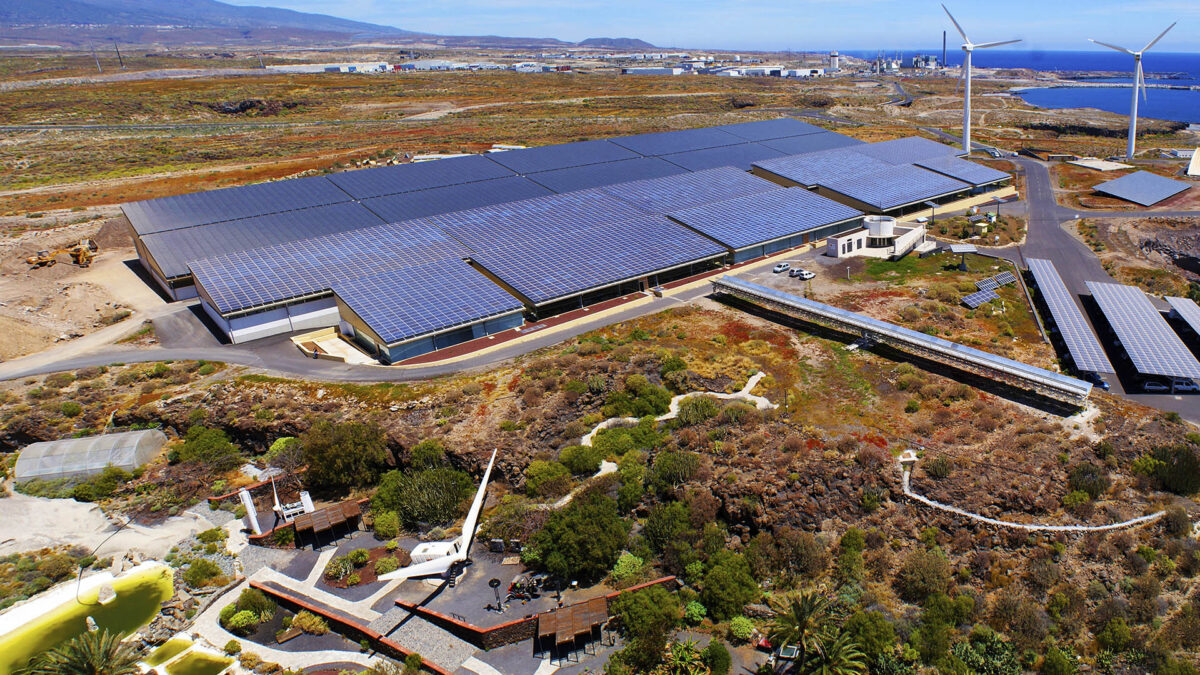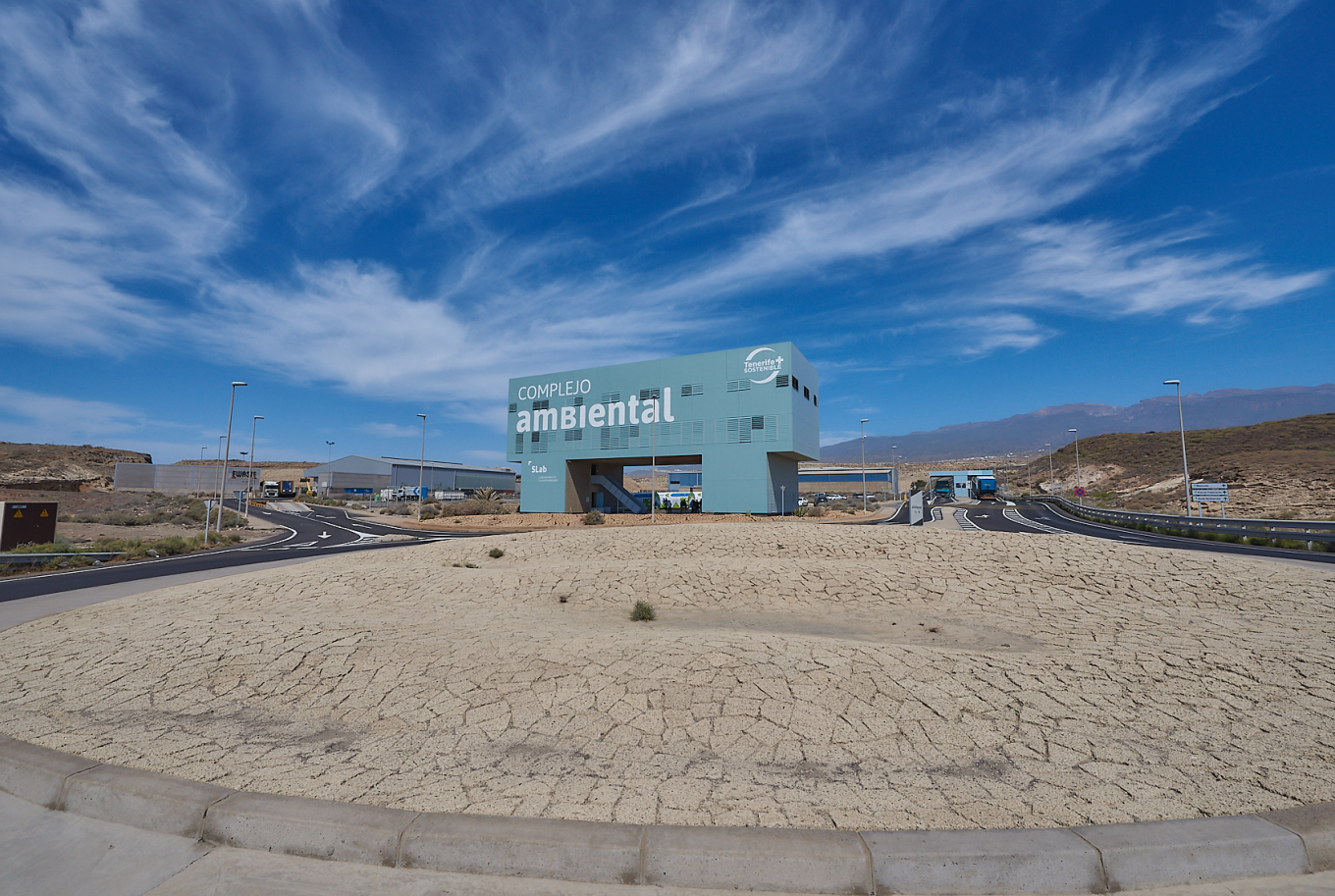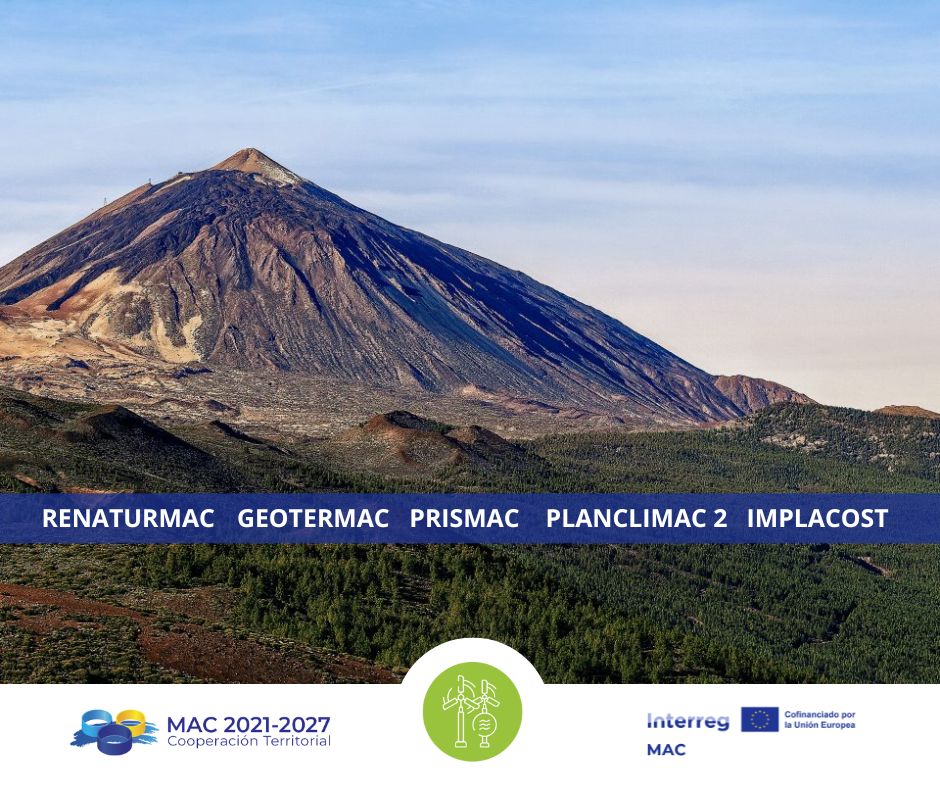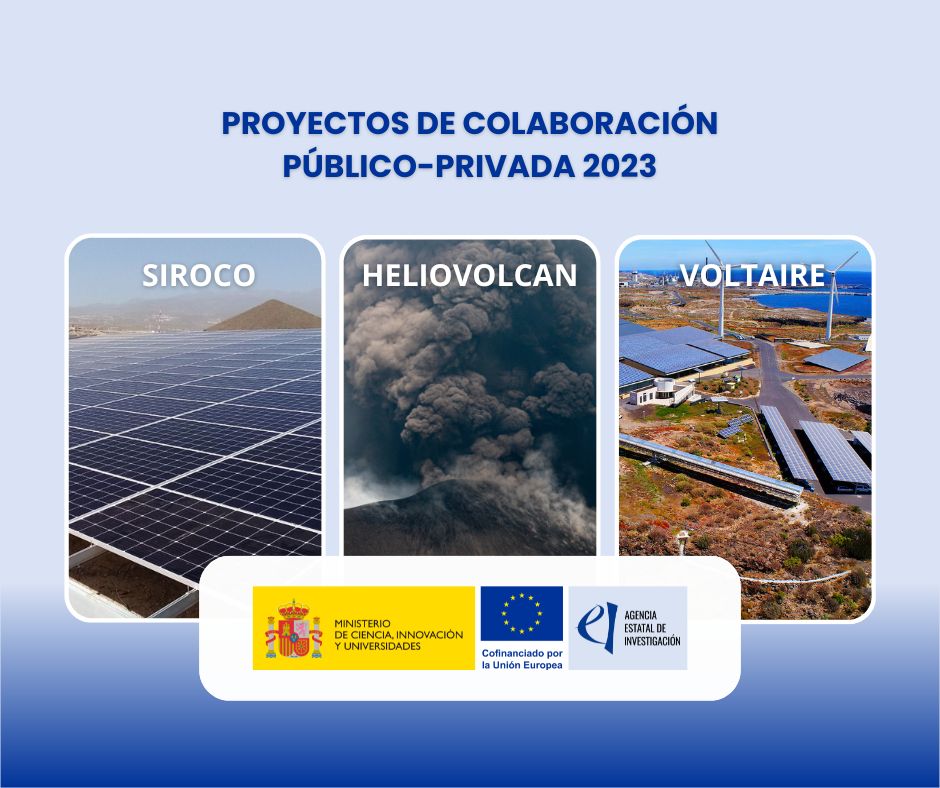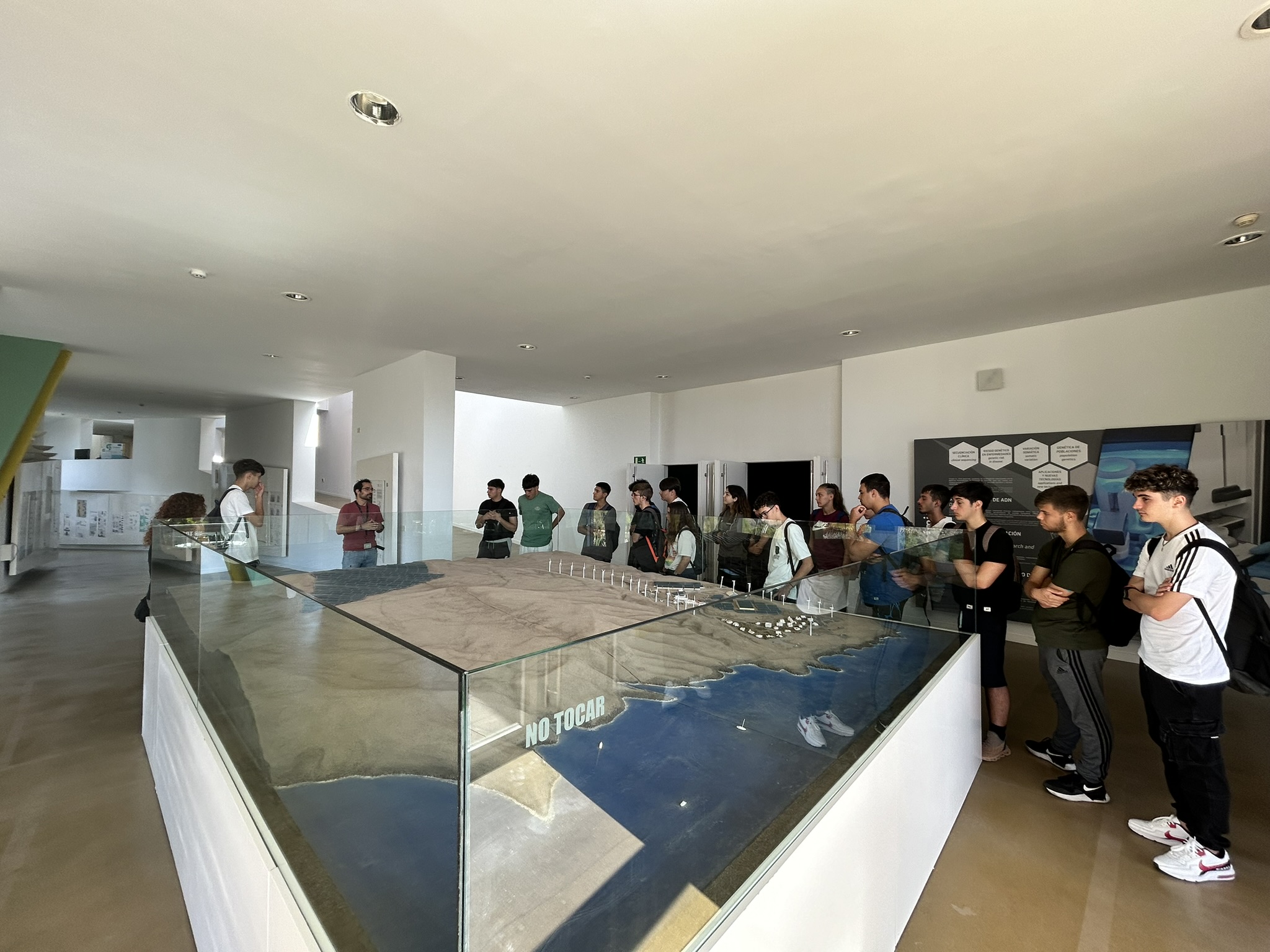Solar-Powered Autonomous Aerial Platform for Monitoring Pollutant Events in the Marine Ecosystem
Data
Acronym: PERSEO
Reference: CPP2021-008527
Partners: University of Las Palmas de Gran Canaria (ULPGC), Estudios de Ingeniería Costera y Oceanográfica SLNE (e-Littoral), Plataforma Oceánica de Canarias (PLOCAN) and Instituto Tecnológico y de Energías Renovables, S.A (ITER).
Duration: 2022-2025
Budget: 654,779.50 €
Co-Financing: Public-Private Collaboration 2021. State Plan for Scientific and Technical Research and Innovation 2021-2023. Ministry of Science and Innovation. Project CPP2021-008527 funded by MCIN/AEI/10.13039/501100011033 and by the European Union NextGenerationEU/PRTR.

Project overview
The PERSEO project is proposed as a solution for monitoring the marine ecosystem by processing multispectral images collected with a solar-powered aerial platform.
The main objective of PERSEO is to develop an autonomous aerial platform, with zero emissions and environmentally friendly thanks to the use of solar energy to enhance its autonomy. It will be equipped with different sensors (low-cost multispectral cameras developed specifically for this purpose) and algorithms based on Artificial Intelligence (AI) integrated into electronic systems capable of running real-time applications to monitor the ocean.
The platform will include a precise positioning system that, along with a flight mission planner, will determine the exact location of any anomalous event and allow for the prediction of its temporal evolution.
Specifically, the project’s use case is the monitoring of environments near aquaculture production systems due to their importance in the global production of fish and mollusks, as well as in reducing the capture of wild fish. To achieve this, an autonomous vertical take-off and landing (VTOL) aerial vehicle will be developed, integrating multispectral thermal imaging sensors for contaminant detection.1 In parallel, samples and chemical measurements of the marine environment will be collected using autonomous marine platforms to corroborate the detection of contaminants through the processing of images taken by the drone, using artificial intelligence (AI) techniques for this purpose.
To validate the results, PERSEO will make use of a 23 km² sea-based “natural laboratory” off the north coast of Gran Canaria, managed by PLOCAN, which has a Singular Scientific and Technical Infrastructure (ICTS) with a unique combination of services, operations, a multi-purpose offshore platform, observatories and test facilities.

The PERSEO project (CPP2021-008527), coordinated by the ITER Robotics Unit, will last 36 months and is funded by the Ministry of Science and Innovation and the State Research Agency (10.13039/501100011033) and by the European Union within the framework of the EU Recovery Plan NextGenerationEU and the Spanish Recovery, Transformation and Resilience Plan (PRTR).
Links of interest:
Call for Applications
News Item


